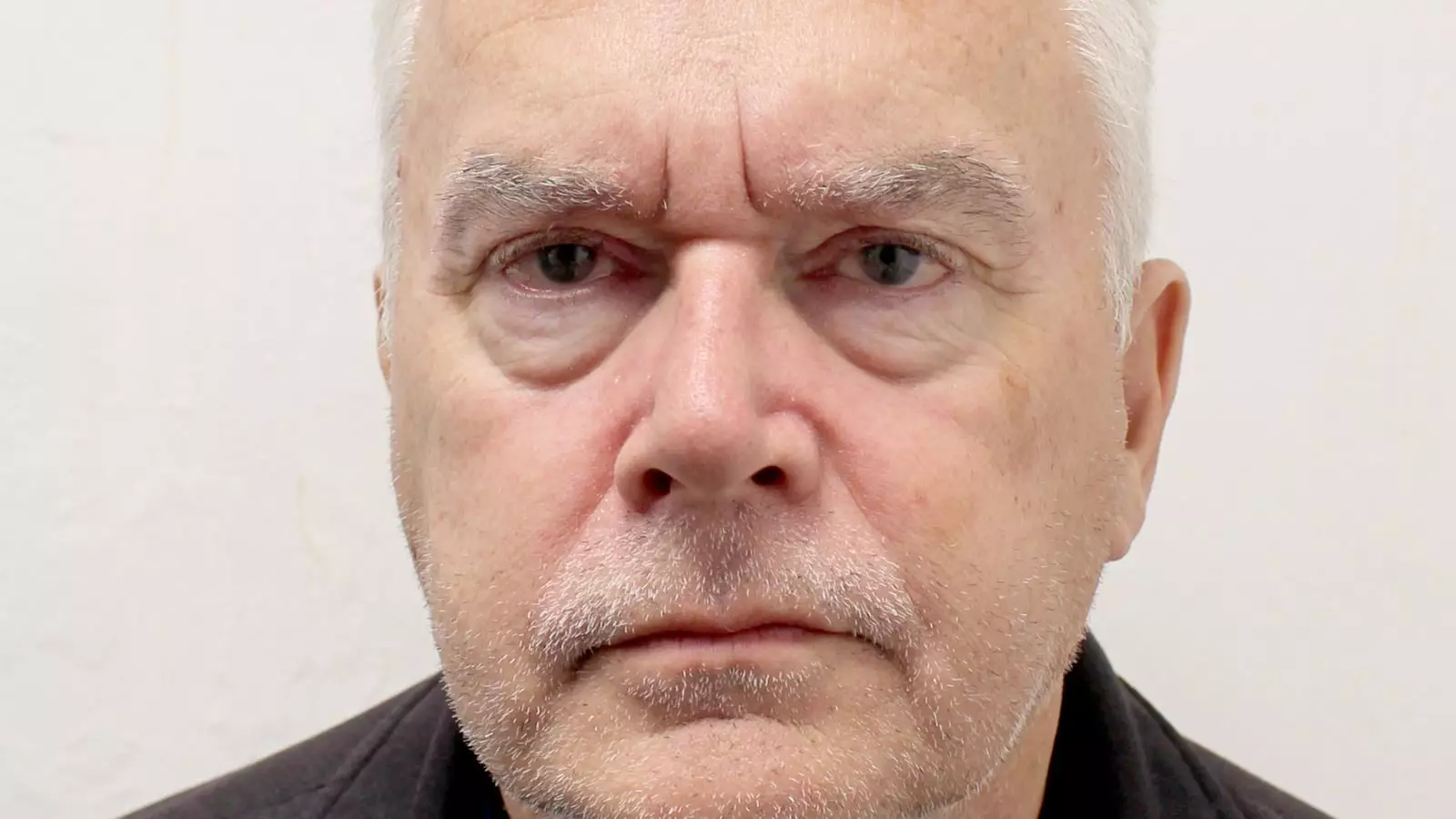In the wake of the recent scandal involving former BBC presenter Huw Edwards, the ramifications extend beyond just the individual case; they signify a critical juncture for the BBC itself. The events surrounding Edwards’ arrest and subsequent sentencing have led to heightened discussions about accountability, trust, and corporate governance within one of the most reputable broadcasting organizations in the world.
Huw Edwards, once a prominent news anchor, admitted to heinous offenses involving the creation of indecent images of children. This shattering revelation not only marks a profound personal downfall but has also triggered a crisis for the BBC. At the heart of this controversy lies a series of financial and ethical dilemmas. After pleading guilty to multiple charges, which included the payment of substantial sums to receive illegal content, Edwards has been issued a suspended sentence. This verdict, while legally significant, raises moral questions about the practices that allowed his actions to go undetected for so long.
During an address at the Royal Television Society (RTS) annual convention, BBC Director-General Tim Davie did not hold back in his condemnation of Edwards’ crimes, labeling them as “appalling.” This strong assertion illustrates the BBC’s commitment to addressing not only the heavy legal implications but also the damage to its cherished reputation. Davie’s words highlight a broader concern about the ongoing conversations regarding the recovery of Edwards’ considerable salary, which is a mere fraction of the potential systemic failures that allowed such behavior to persist unchecked.
Trust has always been the bedrock of the BBC’s relationship with its audience. However, Davie’s acknowledgment that such scandals inevitably impact the organization’s reputation raises critical questions about its future. The trust that viewers have in the BBC is not merely an abstract concept; it’s a tangible asset that requires constant nurturing and vigilance. The BBC has historically taken pride in its transparent practices and editorial integrity, and incidents like the Edwards scandal threaten to undermine that laboriously built foundation.
Davie expressed uncertainty regarding the scandal’s direct impact on public trust, yet he was candid about the potential erosion of confidence that could result from such high-profile crimes. The BBC’s acknowledgment of this damage is essential; it indicates an awareness that the audience’s perception of its values matters, and the organization is ready to face the repercussions head-on.
The decision to continue paying Edwards while he faced serious allegations has sparked debate about the BBC’s internal policies. Davie explained that internal discussions had led to a choice to maintain payment until formal charges were made. While this policy might seem prudent from a legal standpoint, it exposes the BBC to criticism regarding its approach to accountability. Questions about why payments continued should lead to a comprehensive reevaluation of internal processes concerning employee conduct and the handling of allegations.
Furthermore, the BBC’s leadership is actively pursuing returning to its ethical core by seeking to recover the funds paid to Edwards. This legal pursuit and acknowledgment of mistakes signal a willingness to rectify the situation, but it must translate into tangible changes in policy that prevent similar occurrences in the future.
Amid the fallout from the Edwards scandal, broader concerns regarding the workplace environment at the BBC have also come to the forefront. Notably, the ongoing investigation into allegations of misconduct related to the popular show “Strictly Come Dancing” has added another layer of scrutiny. Davie’s remarks that the BBC is nearing the end of this investigation indicate an organization under pressure to uphold its standards amidst a storm of controversies.
As the BBC navigates these treacherous waters, it must prioritize the voices of victims and focus on rebuilding both its internal and external relationships. The leadership’s engagement with concerned viewers and staff will be pivotal in restoring confidence in the institution.
The Huw Edwards scandal serves as a wake-up call and a moment of reckoning for the BBC. The implications of his actions resonate beyond one individual’s misconduct; they prompt critical conversations about corporate accountability, trust, and ethical governance. As the BBC grapples with its response to this scandal, it has an opportunity to reinforce its commitment to integrity and transparency, ensuring that such failures are not repeated and that the institution can emerge stronger and more trusted in the years to come.


Leave a Reply